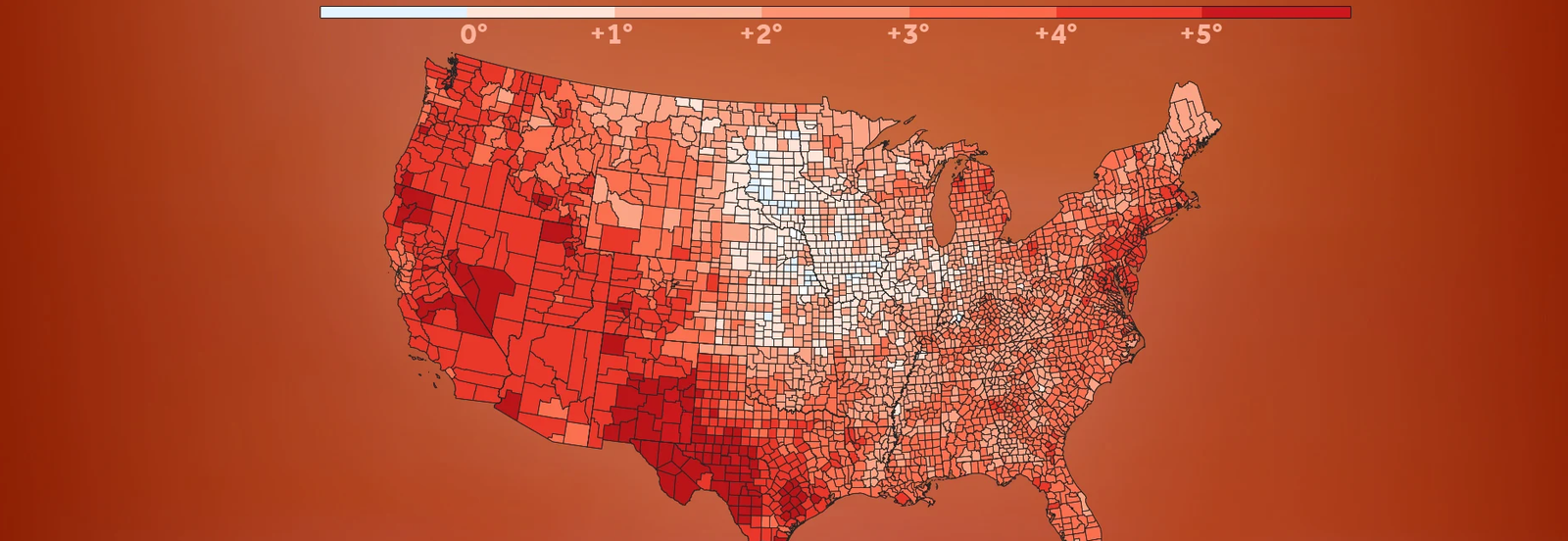Why is it so hot in 2025? That’s the question millions around the world are asking as they experience record-breaking temperatures, blistering heatwaves, and dangerously warm nights. From the United States to Europe, Asia to South America, the summer of 2025 is turning into one of the hottest ever recorded—and it’s not just your imagination. If you’re searching for answers to why is it so hot in 2025?, you’ve come to the right place.
In this article, we’ll break down the real science behind the rising temperatures and explore the global patterns driving this extreme weather. You’ll learn why it is so hot in 2025, how climate change, urbanization, and natural phenomena like El Niño and La Niña are all connected. We’ll also discuss the human impact—ranging from increased health risks to rising energy demands—and how this persistent heat affects your daily life.
By the end of this post, you’ll fully understand why is it so hot in 2025, what’s driving these changes, and what steps individuals and governments can take to address this ongoing crisis. So, let’s dive deep into the core of the question: Why is it so hot in 2025? And what does it mean for our future?
Global Temperature Trends in 2025
2025 is shaping up to be one of the hottest years on record. According to the World Meteorological Organization (WMO), there’s an 80% chance one of the next five years (2025–2029) will set a new annual temperature record, with global averages likely exceeding 1.5°C above pre-industrial levels . Reports show early 2025 was the second warmest January to March globally, despite moderate La Niña conditions . That sustained warmth reflects a worrying trend—each fraction of a degree increase amplifies the severity and frequency of heatwaves.
🌡️ Climate Change is Heating Things Up
The main reason why it is so hot in 2025 comes down to greenhouse gases. Carbon dioxide, methane, and other heat-trapping pollutants have become the highest recorded since modern measurements began . These gases trap solar energy, preventing heat from escaping into space, altering global climate patterns.
In addition, Arctic and polar regions are warming faster than anywhere else due to polar amplification—melting ice reduces sunlight reflectivity, accelerating warming . That influences global weather, making why it is so hot in 2025 feel personal even far outside the Arctic.
🔥 Extreme Heatwaves Across the Globe
One dramatic example answering why it is so hot in 2025 is the string of major heatwaves this summer:
- Europe experienced record-breaking June temperatures, with heatwaves in the UK, Greece, Spain, and France . European regions were found to be warming twice as fast as the global average .
- North America saw early-season heat spikes, with half of the U.S. under extreme heat advisories and temperature anomalies up to +20°F in places . The Pacific Northwest and Texas recorded lethal highs.
- These extreme events aren’t isolated—they form an intensifying pattern due to global warming.
🏥 Health Impacts: Why It Matters
So, why is it so hot in 2025? Because it’s literally killing people. Recent European studies estimate that nearly 1,500 deaths during the June heatwave were directly linked to human-driven warming . Climate Central reports heat-related illnesses now surpass fatalities from storms in the U.S.—and extremely hot summer days have more than doubled since the 1970s.
🔄 Natural Drivers, But Climate Dominates
While long-term warming is driven by greenhouse gases, natural factors also play a role:
- La Niña conditions usually cool the planet, yet 2025 remained extremely warm .
- Shifts in atmospheric circulation—like the Hadley cell expansion—push heat into previously moderate areas.
- Earlier seasonal heatwaves (“June is the new July”) are becoming more common.
Still, these natural patterns only amplify the baseline warming caused by human activity.
🌍 Why It’s Likely to Get Even Hotter
Climate models warn that extreme heat will continue and worsen. With high probabilities of another year exceeding 1.5°C above pre-industrial levels and ongoing greenhouse gas emissions, why is it so hot in 2025? is just the beginning. We’re likely entering a phase of consistent temperature anomalies and longer, stronger heatwaves.
✅ What We Can Do About It
Understanding why it is so hot in 2025 reveals the need for urgent action:
- Reduce greenhouse gas emissions—transition to clean energy, decarbonize transport and buildings.
- Adaptation strategies—upgrade infrastructure, implement heat-alert systems, plant urban green zones .
- Public awareness and policy—prepare communities, especially vulnerable populations, for frequent heatwaters .
Final Thoughts: Why Is It So Hot in 2025?
After reviewing the climate trends, scientific data, and real-world consequences, the answer to “Why is it so hot in 2025?” is alarmingly clear. The world is experiencing intensified heat due to a combination of human-induced climate change, long-term emissions of greenhouse gases, and natural variations in the atmosphere. The current climate crisis is no longer a distant concern—it’s here, it’s real, and it’s directly impacting lives across the globe.
From rising sea surface temperatures and melting polar ice to record-breaking heatwaves across Europe, Asia, and North America, why it is so hot in 2025 is no longer just a weather-related question—it’s a warning sign. The undeniable scientific consensus shows that without drastic reductions in global carbon emissions and serious investment in renewable energy and sustainability efforts, the temperatures we’re experiencing today could become the norm—or even the baseline—for the decades ahead.
So, if you’re still wondering “Why is it so hot in 2025?”, remember: the choices we make today will determine the climate we live in tomorrow. Staying informed, holding industries and governments accountable, and making sustainable choices are not optional—they’re essential.
Let’s act now before “Why is it so hot in 2025?” becomes “Why is it even hotter in 2030?”
For more climate updates, trends, and analysis, visit BlogHear.com – your go-to source for understanding the world in 2025 and beyond.




